Provost Sponsored Institutes & Centers
Institutes
Provost sponsored institutes at Wake Forest are led by a faculty director and staff with a broad mission and complex interdisciplinary focus extending beyond department, school and college boundaries. An institute’s mission lies in an area of sustained and decided interest to the University as a whole. Institutes may foster and support scholarly inquiry, research, and creative activity, inspire new directions in teaching, and engage in public service activities and actions.

The Humanities Institute sponsors programs and provides funding for faculty in the humanities and their collaborators in other fields of study, fosters collaboration among scholars in the humanistic disciplines, and promotes cross- and interdisciplinary research and other creative activity that engages the humanities. It also supports joint faculty-student research and co-curricular activities in the humanities, and builds partnerships with the public community outside Wake Forest. In so doing, the Institute advances the university’s commitment to education and scholarship that is pro humanitate and underscores the value of the humanities for the common good.
Centers
Provost sponsored centers at Wake Forest are led by interdisciplinary faculty teams around a clearly defined topic or question. They enable faculty to accomplish scholarship and creative work that benefits from reaching out to other scholars or artists for additional insight, inspiration or collaboration. Centers help build intellectual community and engagement among faculty and students and provide mentoring to new members with complementary interests. Centers have a five-year cycle for application and renewal.
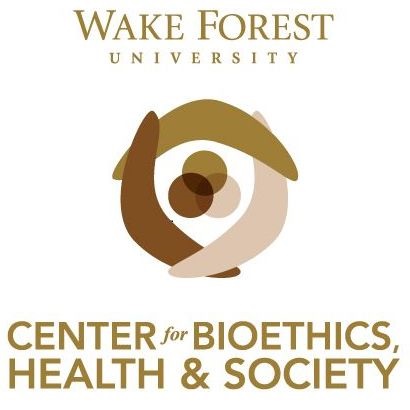
The Center for Bioethics, Health, and Society is a collaborative intellectual space for addressing ethical, social, and policy issues of importance for biotechnology, health care, biomedical research, and public health. The Center brings together faculty, students, and staff from all disciplines across all WFU campuses and schools, and engages academic and public stakeholders locally, regionally, nationally, and internationally to advance research, education, and communication about bioethics issues.
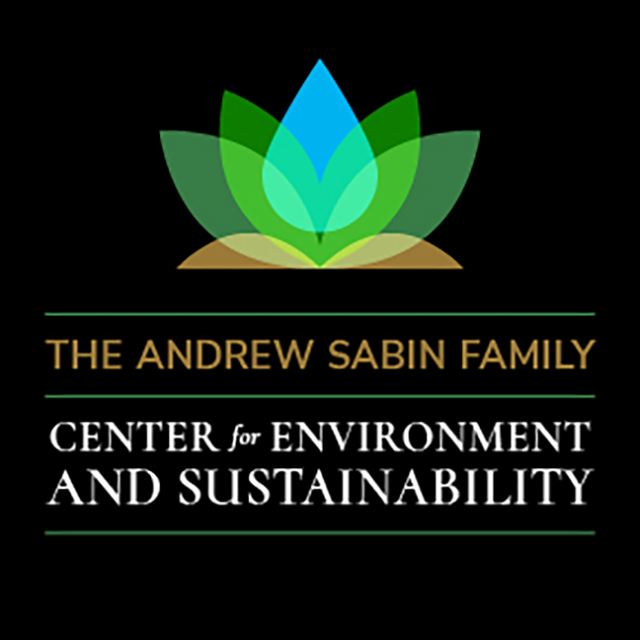
At the Andrew Sabin Family Center for Environment and Sustainability, research and scholarly activities are focused away from single-disciplines and the silos of basic or applied research. The mission is to effect change and focus on taking knowledge and technology from the lab to society. This requires not only basic research, but also identifying the tools—enterprise, policy, education, marketing, the arts—that turns ideas into action.
The Sabin Center faculty are committed to working towards a sustainable future through research and public engagement, holding leadership roles not only in academia, but also in governments, non-profits, and corporations here at home and across the globe. The Sabin Center aggregates this talent, along with Wake Forest’s other considerable resources, and strive to make observable and significant progress across each of the three core streams of activity: funding, community, and academics.
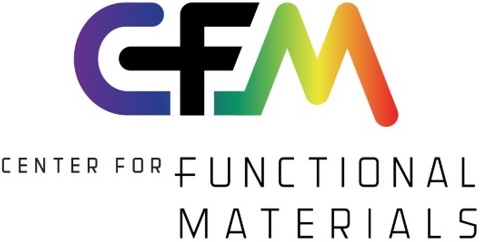
The Center for Functional Materials (CFM) has one overarching goal: to propel Wake Forest University into the top tier of materials research. We pursue this goal by providing a common platform for researchers with an interest in materials and by overcoming barriers between the various disciplines involved in materials research at Wake Forest, including Physics, Chemistry, Biology, Engineering, and parts of the School of Medicine. CFM is involved in a broad portfolio of research activities with a large spectrum of materials reaching from organic electronics to human tissue. We bring together researchers from these disciplines to create synergistic research and education activities and opportunities at Wake Forest.
Further information about CFM can be found at cfm.wfu.edu or calling 336.758.3223.

When you imagine life on a college campus, you probably think of a place filled with smart, inventive people having inspiring conversations about every subject imaginable. The Wake the Arts Center exists to foster just that. Drawing together artists, scholars, students, faculty, and staff from every corner of our campus, the WTA Center uses performance and visual art collaborations—with Chemistry, Religion, History, Politics, Math, Romance Languages, Neuroscience, Documentary Film, and really anything else you can think of—to give us all a place, a time, and a reason to talk to each other about the things we care about.
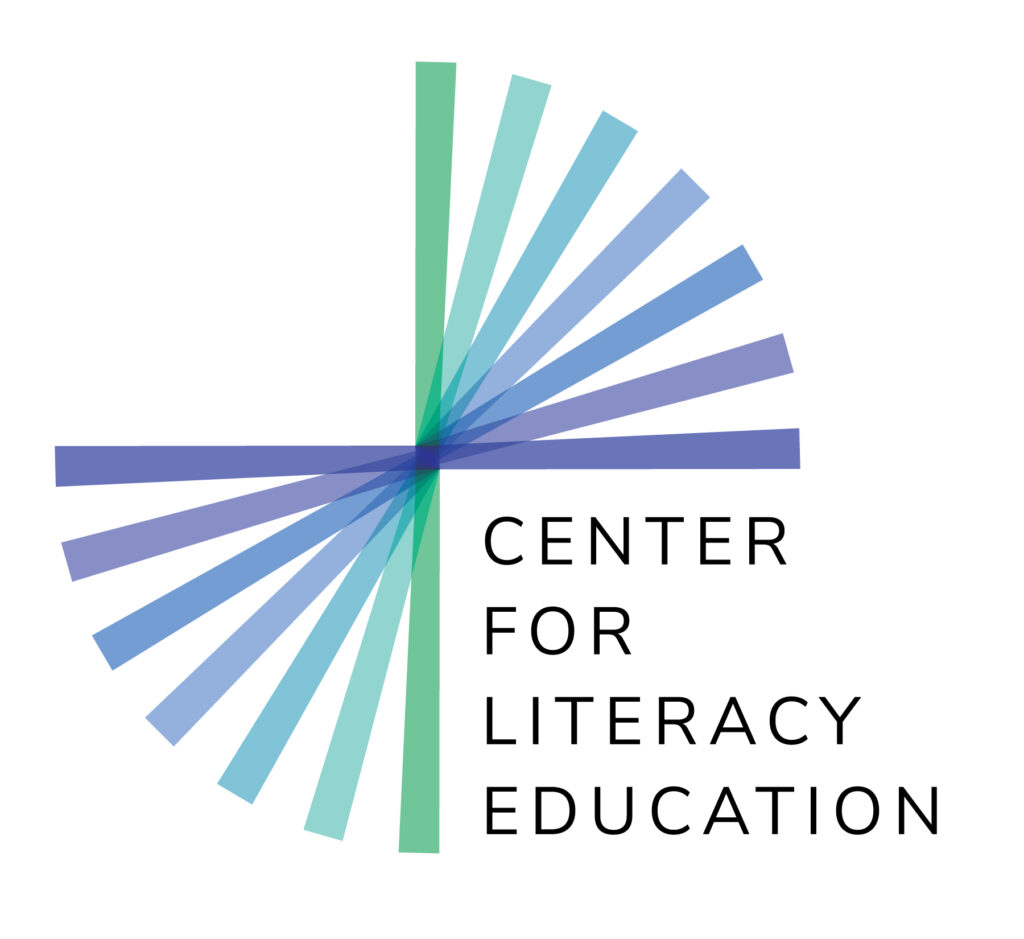
Because literacy affects all aspects of how we live and learn, the mission of the Wake Forest Center for Literacy Education is to promote creative intellectual partnerships that facilitate interdisciplinary scholarship and teaching and bring literacy to life through community engagement.
Center for Molecular Signaling
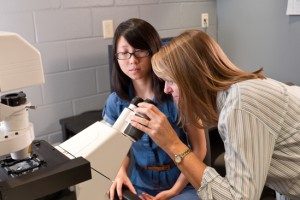
The Center for Molecular Signaling teams investigators in the life, physical, computational, and mathematical sciences to tackle basic questions about molecular communication among and within the cells of living organisms ranging from insects to plants to humans. CMS will enhance opportunities to secure external funds for research and needed equipment by linking the College, Graduate School, and School of Medicine and building connections to Winston-Salem State University, North Carolina A & T State University, and Salem College. Members will share research, instrumentation, teaching, and mentoring resources to advance all areas of the university’s mission, enhancing our national profile and attracting exciting new faculty and students.
Center for Nanotechnology and Molecular Materials

The Center for Nanotechnology and Molecular Materials at Wake Forest University was founded in 2004 and serves the Wake Forest University/Wake Forest Baptist Heath research communities as a broad spectrum infrastructural resource. The mission of WF-Nanotech is to provide for world class research, outstanding and unique educational opportunities, transformation of local economies.
The Center for Research on Abroad and International Student Engagement (RAISE Center)
The Center for Research on Abroad and International Student Engagement (RAISE Center) serves as a nexus for faculty, staff, and students at Wake Forest University to collaborate with scholars around the world to understand and enhance the experiences, engagement, and development of abroad and international students. Our work on global student engagement is undergirded by awareness of one’s own cultural identity and global competencies (i.e., the knowledge, skills, and attitudes to respectfully and effectively interact with individuals of different backgrounds and cultures).
In addition to developing lines of inquiry, extending multi-wave longitudinal research projects, and mapping the knowledge bases in study abroad and international student engagement, RAISE Center members can provide cultural responsiveness expertise for funding proposals in a range of disciplines. For more information, please visit our website or email raisecenter@wfu.edu.

The Center for Research, Engagement and Collaboration in African American Life (RECAAL) is an incubator of ideas promoting awareness about the diverse experiences of Black people in this country. It functions as an academic center serving our intellectual community while promoting interdisciplinary engagement that fosters collaborative relationships across Wake Forest’s campus. Through faculty connections the Center for RECAAL supports stimulating research, teaching and programming broadly related to African American experience. In addition, the Center promotes mutually beneficial working partnerships with the Winston-Salem community to deepen awareness and advance knowledge about African American life while addressing complex issues in local Black communities.
Translational Science Center: Fostering Independence in Aging

The Translational Science Center (TSC) focuses on promoting and maintaining functional health in aging. Both past and current research projects look at the effects of interventions on cognitive function and physical activity.
The center team includes medical staff, behavioral scientists and basic scientists who develop experimental interventions to improve physical and cognitive health in aging populations while using observations from these interventions to plan new studies.
The center aims to develop a new undergraduate minor in translational science in addition to a graduate certificate program.
Five-year Center Plans
Five-year center plans may be submitted to the Office of the Provost. The below resources are provided for your convenience.
Provost Sponsored Institutes
Provost Sponsored Centers
One-year Center Planning Grants
The Office of the Provost will fund planning for additional centers in the future. Each of these one-year planning grants should be used to develop and submit a five-year operational plan for a new center. If interested, please review the instructions for submitting Center Planning Grants.
